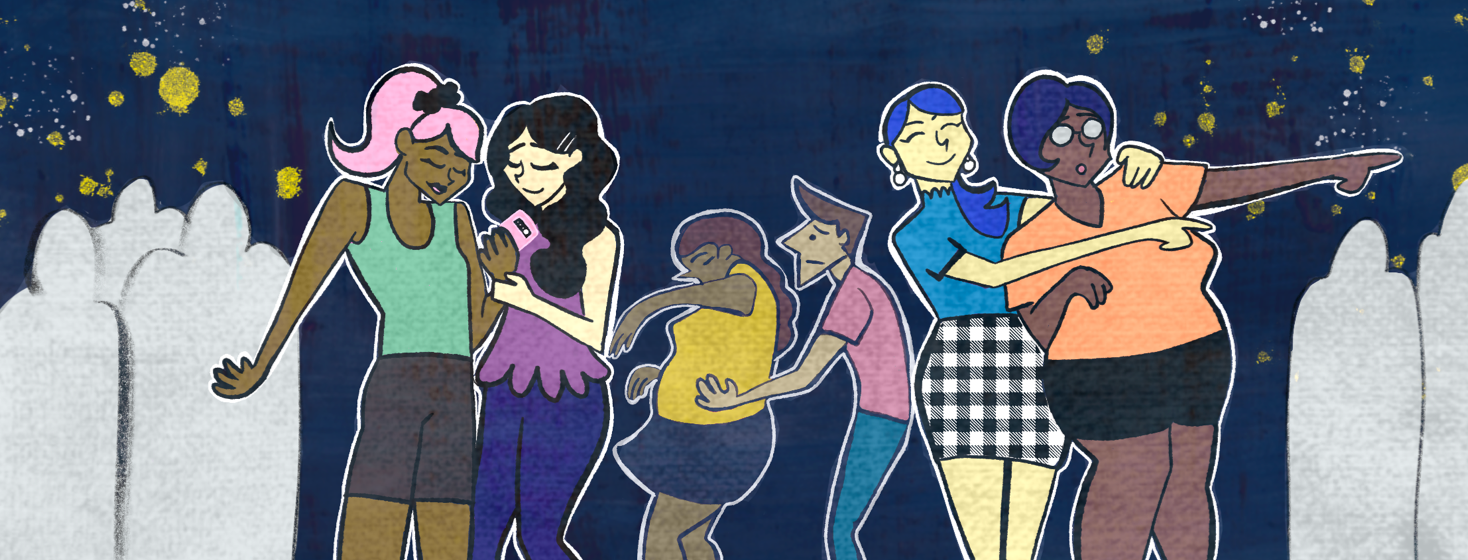Community Views: How Can We Help People Experiencing Cataplexy?
The first time someone sees – or experiences – an episode of cataplexy, they may not know what it is.
What is cataplexy, and what does it look like?
Cataplexy is a sudden loss of muscle tone that leads to weakness and may cause a person to fall. For some people, these attacks can also include the inability to speak or keep their eyes open. Cataplexy is often triggered by strong emotions such as laughter, anger, or fear.1,2
Given its similarities to epilepsy, cataplexy can be mistaken for a seizure, but it is not a seizure. It is one of several symptoms people with type 1 narcolepsy might have. Episodes of cataplexy usually end quickly, within a few minutes or even seconds.1
Cataplexy, like a seizure, can potentially be dangerous. For example, the person experiencing it could get hurt when falling. It can also be scary for the person having the attack or those around them.
What can we do to help someone during an episode of cataplexy?
For friends and loved ones of someone living with narcolepsy, it can be a challenge to know what to say and do when these episodes occur.
To find out what the community finds most helpful, we reached out on the Narcolepsy.Sleep-Disorders.net Facebook page and asked: “When experiencing cataplexy, what is the best thing someone can do to help?” Here is what the community told us.
Featured Forum
View all responsesMake sure the person is safe
Because the person is likely going to fall, one way to be most helpful is to offer physical support. Stand behind the person and be ready with your arms out to catch them, much as you would a fainting person. Anything you can do to slow or stop their fall is good. It is also a good idea to stay near the person so that when they come to, they know they are not alone.
“If my whole body gives out, catch me and just make sure I do not hurt myself or bump my head.”
“Make sure no one messes with my body.”
“Catch me before I fall. Support me till I am safely on the ground if you cannot hold me.”
“Catch my coffee/whiskey/baby or whatever I am holding so I do not drop it.”
Stay calm
Set the tone for others by being calm. Give the person some time and space for the episode to pass. The more you are able to be a voice of authority reassuring others that your loved one is OK, the calmer the situation can be.
“Do not yell or overreact.”
“Stay calm and do not make a scene.”
Do not make a big fuss — wait it out
Nobody likes it when a huge crowd hovers and stares after we have a fall. People in the community mentioned that they appreciate it when the people with them talk in soft voices, play on their phones, or otherwise ignore the event. By not making a big fuss over the incident, it is less likely that more strangers will be drawn in unnecessarily, asking questions that may not be helpful.
“I always tell people to just give me a few minutes and I will be fine. I saw a video of a teenager experiencing cataplexy once, and all her friends sat down on the ground with her and just carried on with their conversation. I always thought that was cool.”
“Do not talk to me. Do not stare.”
“Stop talking, sit quietly, and wait (like maybe scroll through your phone or something) for a minute.”
“Change the subject.”
“In most situations, do nothing. Just give me a few minutes.”
Take advantage of available safeguards
If you are comfortable with signals that let people know of your condition, consider a medical bracelet or a support animal. Although it is with good intentions when strangers rush to help, they may call unnecessary emergency medical services.
“I have a dog I have trained to lay with me. He has a vest with badges that say ‘in training, do not separate from handler,’ and ‘do not touch or call 911 unless I am hurt.’”
How can the people around you help?
We want to say thank you to everyone who shared their experiences for this story. We are grateful for such an active, caring community.
Are you someone who experiences cataplexy? How do you want the people around you to help, if at all, when you have an episode of cataplexy? Share with us in the comments below!
Want to see more articles like this? Browse our collection of Community Views articles and read more stories and advice from the narcolepsy community by clicking the button below!

Join the conversation